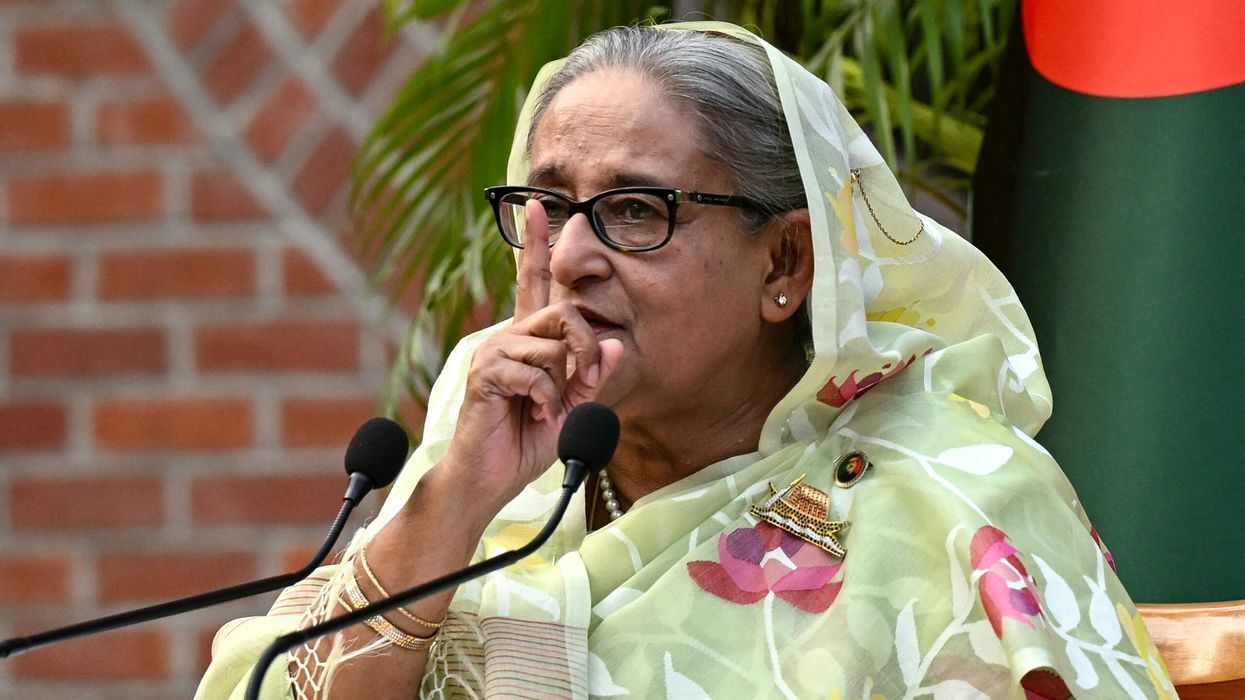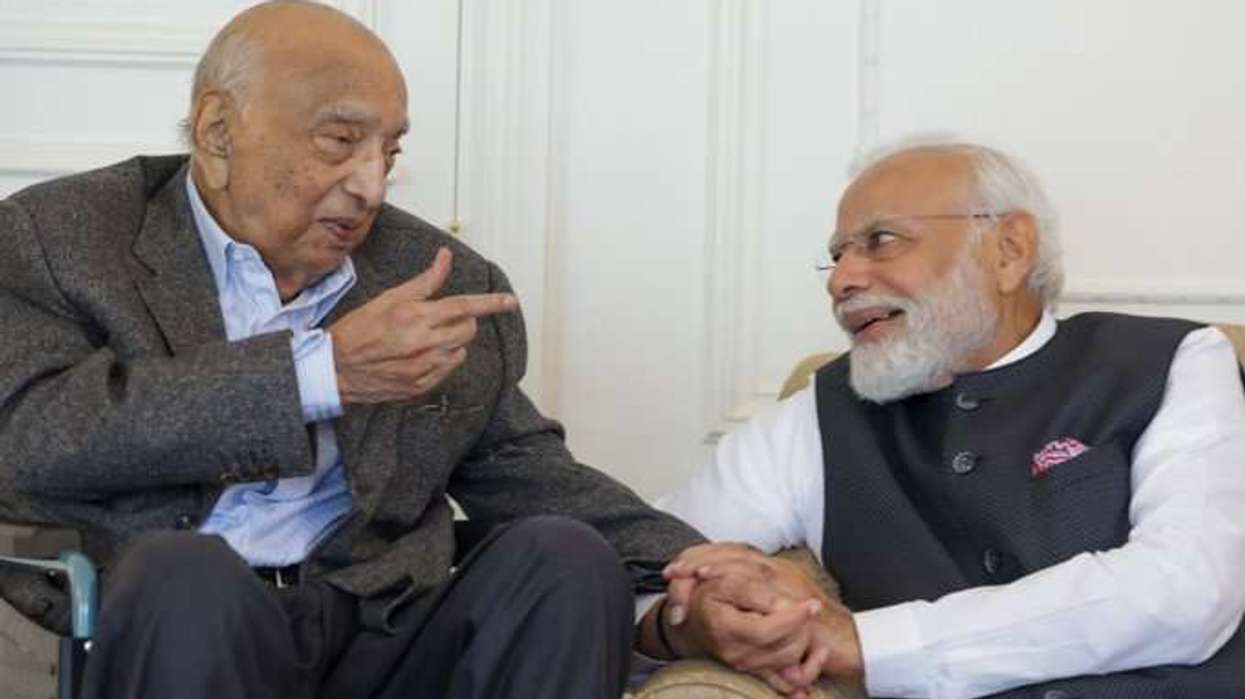SOME leaked audio recordings suggest Bangladesh’s former prime minister Sheikh Hasina, who is currently on trial in absentia, ordered a deadly crackdown on protests last year.
According to the United Nations, up to 1,400 people were killed between July and August 2024 when Hasina's government cracked down on demonstrators during an attempt to stay in power.
Hasina, 77, left for India at the end of the student-led protests and has not returned to Dhaka, where her trial for alleged crimes against humanity began on June 1.
The BBC Eye Investigations team analysed leaked audio recordings alleged to be of Hasina. The recordings form a key part of the prosecution’s evidence.
In a recording dated July 18, 2024, a voice alleged to be Hasina is heard instructing security forces to "use lethal weapons" against protesters and saying "wherever they find (them), they will shoot".
ALSO READ: Bangladesh's Sheikh Hasina sentenced to six months in jail
The BBC reported that forensic audio experts found no evidence that the recordings had been edited or manipulated, and said it was "highly unlikely to have been synthetically generated".
Police in Bangladesh also matched the voice in the recordings to verified samples of Hasina’s voice.
‘Denies the charges’
The protests started on July 1, 2024, when university students called for changes to the public sector job quota system.
At the time, removing Hasina from office appeared unlikely, just months after she won a fourth straight term in an election that lacked genuine opposition.
However, the demonstrations gained momentum and tensions escalated after police carried out a deadly crackdown on 16 July.
Hasina’s state-appointed lawyer, who said they have not had any contact with her, has moved to dismiss the charges.
Her now-banned party, the Awami League, said it "categorically denies the charges that its senior leaders, and the prime minister personally, directed the use of lethal force against crowds during the protests of last summer".
The party said the violence was the result of “breakdowns in discipline among some members of the security forces on the ground in response to instances of violence", which led to a “regrettable loss of life”.
Hasina was also convicted of contempt of court in a separate case on July 2 and sentenced to six months in prison. She remains in India.





